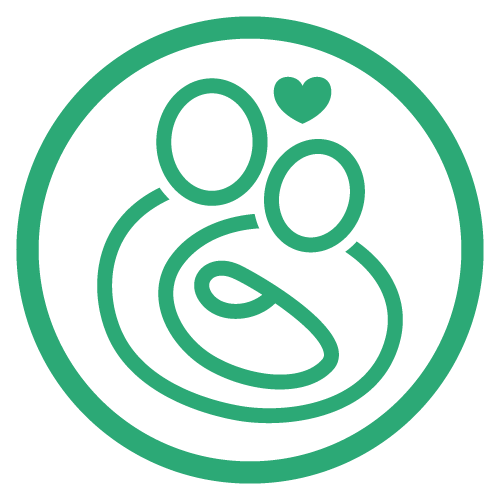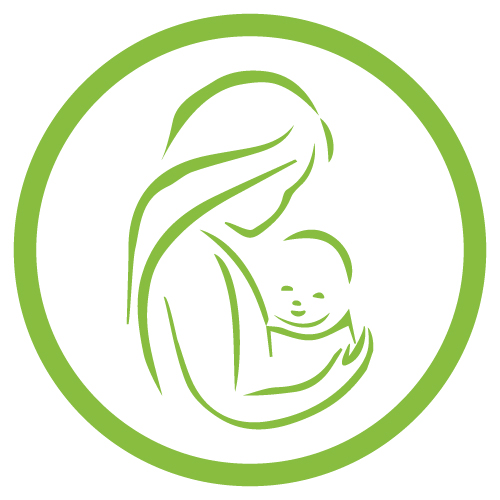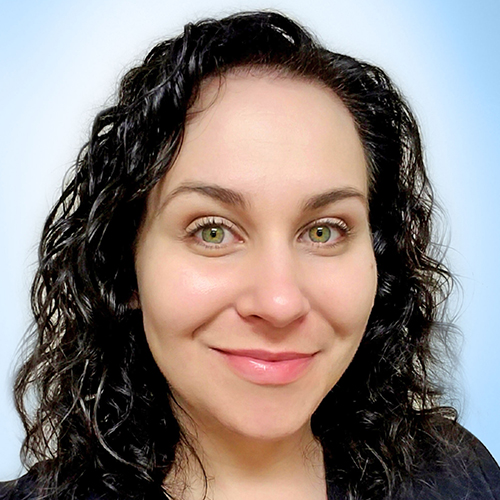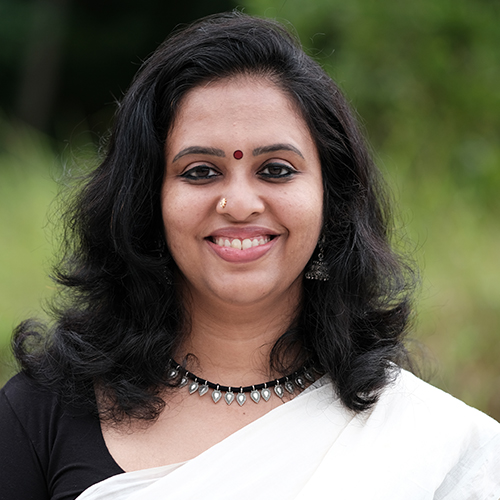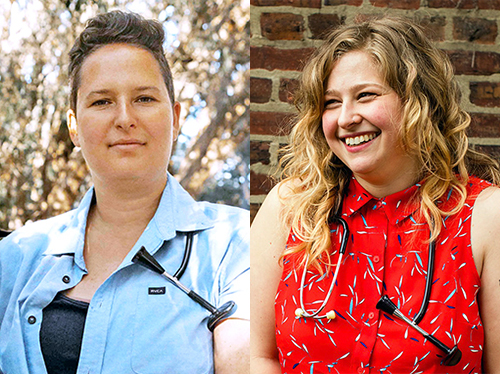 IBCLC Detailed Content Outline: Psychology, Sociology, and Anthropology Focused CERPs - Section V
IBCLC Detailed Content Outline: Psychology, Sociology, and Anthropology Focused CERPs - Section V
Access CERPs on Psychology, Sociology, and Anthropology for the IBCLC Detailed Content Outline recertification requirements. Enjoy convenient on-demand viewing of the latest Psychology, Sociology, and Anthropology focused IBCLC CERPs at your own pace.


Jayashri KULKARNI commenced her appointment as Professor of Psychiatry, The Alfred and Monash University in 2002. She directs a large psychiatric research group, the Monash Alfred Psychiatry Research Centre (MAPrc), with approximately 150 staff and students. The Centre is dedicated to discovering new treatments, new understanding and new services for people with a range of mental illnesses.
Jayashri Kulkarni completed her MBBS degree in 1981 at Monash University and worked mainly in Emergency Medicine before deciding to specialise in Psychiatry. She became a Fellow of the Royal Australian and New Zealand College of Psychiatrists in 1989 and was awarded a PhD from Monash University in 1997 for her thesis “Women and Psychosis”. Jayashri has pioneered the novel use of estrogen as a treatment for schizophrenia and is internationally acknowledged as a leader in the field of reproductive hormones and their impact on mental health. An expert in Women’s Mental Health, Jayashri was elected the President of the International Association of Women’s Mental Health, a role she commenced in 2017.
Women suffering major mental illness such as schizophrenia or bipolar affective disorder face multiple challenges in pregnancy. The need to balance maternal mental health with fetal development is a crucial challenge. The best information available on the safety profile of antipsychotic, antidepressant and other medications is needed, but this is often difficult to access, or is contradictory. This presentation will include data on medication safety as well as associated other management aspects for the woman with special needs due to mental illness. Monitoring and treatment of gestational diabetes, infant drug withdrawal syndromes, and mental health support for the woman will be discussed.
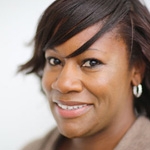
Mastering Cross-Cultural Communication Skills: How to Speak and Engage Effectively Across Cultures and Varied Audiences

Kimberly Seals Allers is an award-winning journalist, author and a nationally recognized commentator, consultant and advocate for breastfeeding and infant health. A former writer at FORTUNE and senior editor at Essence magazine, Kimberly’s thoughtful and provocative online commentaries on motherhood and infant health and the intersection of race, class and culture, received over 10 million page views last year.
In addition, Kimberly specializes in issues related to African American motherhood and breastfeeding. In March 2012, she launched Black Breastfeeding 360°, a first of its-kind online multi-media content library on the black breastfeeding experience. She is author of The Mocha Manual to a Fabulous Pregnancy (Amistad/HarperCollins) a hip and informative African American pregnancy guidebook and two other Mocha Manual™ books in the series. She is the founder of MochaManual.com, a pregnancy and parenting destination and blog for African Americans and former editorial director of The Black Maternal Health Project of Women’s eNews.
Kimberly is a graduate of New York University and Columbia University Graduate School of Journalism. A divorced mother of two, she lives in Queens, New York City, with her children and two turtles.
Topic: Raising Our Voice: Breastfeeding Advocacy for Health Care Providers, Professionals, and Volunteers' - [View Abstract]
The word communication comes from the Latin root word meaning “shared” as in a shared language. However, we often find that different practitioners—doctors, nurses, IBCLCs, etc.—each have their own “language”, which is often not the language of mothers and fathers. How do we actually develop a “shared” language? What are the tools needed to better understand the “speak” of mothers in your community? This presentation will outline the challenges of current common communication efforts, highlight best practices from across the U.S. and explain critical cultural nuances of words and communication techniques for mothers and fathers. It will offer a virtual toolkit for understanding the “language” of local parents and how to quickly start speaking that language to improve community engagement outcomes and breastfeeding goals.
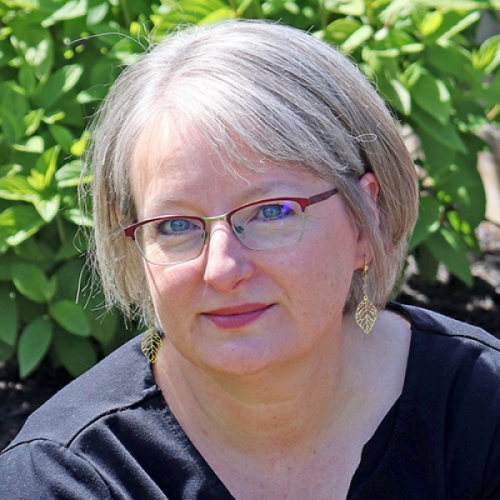
Maternal Experience of Helplessness as a Precipitator for Traumatic Birth: Recognition & Strategies to Mitigate Helplessness and Avoid Trauma

Billie has been serving birthing families for 35 years as a mentor, breastfeeding counsellor, childbirth educator, doula, and traditional birth attendant. She is the Founder and Director of Birth Trauma Ontario, an agency that advocates on behalf of parents for universal training in trauma-informed care for all perinatal health care providers and provides training and skills development for primary and allied health care professionals. Billie authored the world's first accredited certification course for becoming a trauma-informed professional specific to caring for the perinatal client. She has devoted decades to following the research that explores issues of maternal and infant health, birthing safety, and midwifery and obstetric practices in the context of culture and structural violence. She has educated doulas, midwives, physicians, nurses, and lactation counsellors in over 120 countries. Billie has been blessed with a very full life with 7 wonderful children, several amazing in-laws, some adorable grandchildren, a couple of decades of homeschooling, and hundreds of families who invited her into their families as they welcomed their precious babies.
Throughout the world, about one-third of birthing women describe their births as “traumatic”. A significant number of these mothers will enter parenthood with symptoms of trauma, including intrusive memories, avoidance, hypervigilance, and health problems. Some will meet all the criteria for post-traumatic stress. This can impact bonding with the baby, breastfeeding, maternal mental health, physical health, dynamics within the family, and increases the potential for adverse experiences and future health concerns for the child. A traumatic experience also impacts her future birthing choices and experiences. Research identifies negative interactions with health care providers, particularly where the mother feels a sense of helplessness, as the most significant risk for a traumatic experience. This presentation examines the experiences of women to identify the key aspects of delivery-of-care that promotes a sense of helplessness. Understanding how routine elements of care can be perceived as disempowering will equip participants to implement significant changes in how care is delivered to reduce the potential for a traumatic experience for the mother.
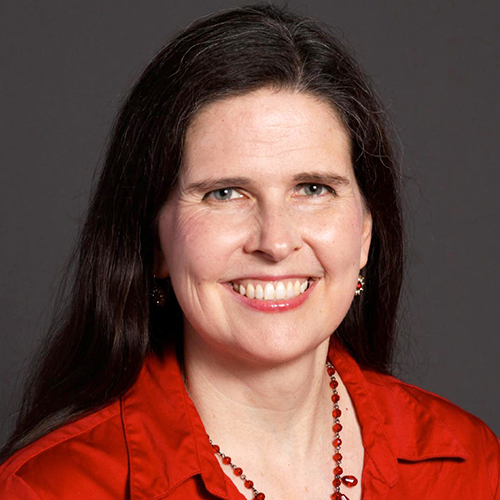
Medications and Mothers' Minds: Psychopharmacology for Lactating Mothers

Marie Zahorick, MS, APRN, FNP-C, IBCLC became a La Leche League Leader in 1999 and an IBCLC in 2005. After several years of working as a hospital-based bilingual Spanish-speaking IBCLC, she attended nursing school and eventually became a board-certified Family Nurse Practitioner. In the meantime, she continued working as a hospital-based lactation consultant doing inpatient, outpatient, and Level III NICU lactation. She did not get much sleep.
After graduate school, Marie was recruited to work as a nurse practitioner in psychiatry. She was fellowship-trained to manage patients in the acute inpatient setting, partial hospitalization, outpatient office, and OB patients in the general hospital setting.
She specializes in women’s psychiatry, especially medical management of women who are pregnant or lactating. Her expertise also includes general psychopharmacology. She is experienced at diagnosing and treating mental conditions such as bipolar disorder, perinatal/postpartum mood and anxiety disorders, postpartum psychosis, obsessive-compulsive disorder, premenstrual and perimenopausal mood disorders, and personality disorders.
She lives in the Chicago area with her husband and three adult children in the transient stage of life. Her children all breastfed for at least two years but now just make faces when confronted with that fact.
If you have worked with mothers for more than a few weeks, you have encountered a mother with mental illness. You may not have recognized the symptoms while talking with your patient. Or, you may wonder if a certain psychiatric medication is “safe” during lactation.
Perinatal mood and anxiety disorders (PMAD) include a spectrum of common mental health disorders: depression, panic disorder, obsessive-compulsive disorder, posttraumatic stress disorder, bipolar disorder, and postpartum psychosis.
These disorders often ruin enjoyment of the postpartum experience and bonding with the baby. Perinatal bipolar disorder and postpartum psychosis are particularly dangerous due to severe depression and reckless or bizarre behavior that can endanger mother and baby.
Medicating the lactating mother is a careful balancing act between the health and safety of the mother and the health and safety of the baby. But failing to medicate a mother with PMAD can lead to misery, dysfunction, poor infant outcomes and in the worst situations, injury and death.
This presentation will give an overview of the different classes of antidepressants, antianxiety medications, antipsychotics, and mood stabilizers commonly used in breastfeeding mothers. Electroconvulsive therapy and transcranial magnetic stimulation will also be discussed as non-pharmacologic treatments.

View Details / Enroll
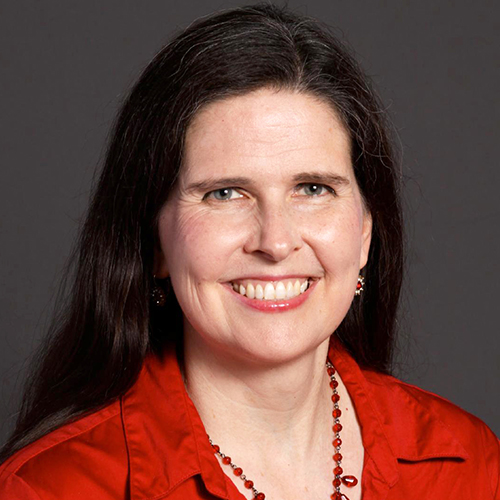
View Details / Enroll
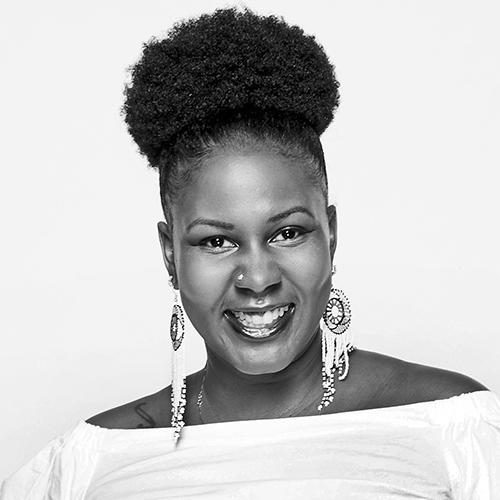
Meet Them Where They Are: Applying a Multidisciplinary, Equitable and Sustainable Approach to Breastfeeding and Lactation Practice & Promotion

TaNefer is an IBCLC, Maternal Health Strategist and Healer with over 15 years of experience in supporting families through birth, breastfeeding and postpartum. She has a background in psychology and Health education with an emphasis in community health and early career experience in counseling, social services and family advocacy. She brings a wealth of knowledge and experience as she helps her clients identify their challenges and lovingly guides them through a plan to overcome them. She has the ability to work with diverse populations and tailors support to fit the needs of each unique person or group. She educates parents, families and professionals on lactation, breastfeeding and maternal healing. She is also a researcher, serving as a Community Advisory Board member to the UCSF Preterm birth initiative and is also the Community Researcher and Relations consultant to the SACRED Birth Study. She has designed, implemented and evaluated programs in maternal equity and lactation and is the creator of the "Teach me how to breastfeed" song and viral music video. TaNefer Lumukanda Camara is also a Co-founder B.L.A.C.K Course.
It’s been a decade since the Surgeon General’s call to action to support breastfeeding. While great strides have been made to improve breastfeeding rates in the US, diverging societal conditions, disparate birth outcomes and changing family dynamics have necessitated adjustment and adaptation of more inclusive and multifaceted approaches to lactation support. With up to 34% of birthing people having experienced a traumatic birth, one study has shown how the effect on breastfeeding can go in either direction. If we factor in housing instability, mental health and race/immigration status we see greater disparities and/or differing needs according to the target population. However, the paradox is that these issues are not mutually exclusive, therefore a one size fits all approach is not sufficient. The COVID-19 Pandemic shed light on pre-existing gaps and disparities in this field and forced us to reimagine what breastfeeding promotion, protection and support should and can be. Implementing a multi-disciplinary plan to approach breastfeeding and lactation should be the trend moving forward. In this presentation you will learn how to:
Identify disciplines that can collaborate with lactation specialists to support breastfeeding promotion.
Discuss challenges in supporting populations with multiple needs and high risk.
Strategize a plan for reaching marginalized communities and populations at high risk and high need for lactation support.
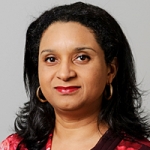

Dr. Monnica T. Williams is a board-certified licensed clinical psychologist and Associate Professor at the University of Connecticut in the Department of Psychological Sciences and Department of Psychiatry. She is also Clinical Director of the Behavioral Wellness Clinic, where she provides supervision and training to clinicians for empirically-supported treatments. Prior to her recent move to Connecticut, Dr. Williams served as the Director of the Center for Mental Health Disparities at the University of Louisville in the Department of Psychological and Brain Sciences. Dr. Williams’ research focuses on African American mental health, culture, and psychopathology, and she has published over 80 scientific articles on these topics. Current projects include the assessment of race-based trauma, unacceptable thoughts in OCD, improving cultural competence in the delivery of mental health care services, and interventions to reduce racism. She also gives diversity trainings nationally for clinical psychology programs, scientific conferences, and community organizations.
Dr. Williams is a member of the American Psychological Association (APA), having served as the diversity delegate from Kentucky for the APA State Leadership Conference for two consecutive years. She is also the African American SIG leader for Association of Behavioral and Cognitive Therapies (ABCT), and she serves on the editorial board of The Behavior Therapist, Cognitive Behaviour Therapy, and the Journal of Obsessive Compulsive and Related Disorders. She is a member of the Scientific Advisory Board of the International OCD Foundation, and also serves as the co-chair of the Diversity Counsel. Her work has been featured in several major media outlets, including NPR and the New York Times.
This presentation will provide an overview of relevant cultural factors for African Americans and other stigmatized minority groups, with an emphasis on understanding race-based trauma and its impact on childbirth experiences. I will discuss various forms of racism that occur in medical settings that contribute to health disparities in people of color, including racial microaggressions. Constructs that cause and perpetuate race-based stress and trauma will be reviewed, including White privilege, stereotypes, and racial discrimination. I will describe the various facets of race-based trauma, including the experience of historical, cultural, community, and individual trauma, and how these may or may not fit into our current psychiatric nomenclature. I will provide examples of patient-provider interactions that are helpful versus harmful in the context of childbirth and women of color’s reproductive issues.
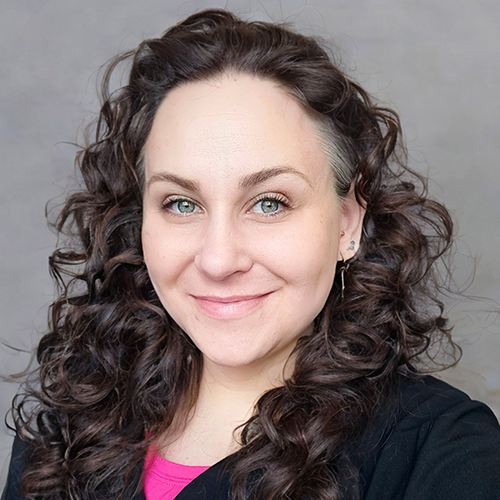

Megan Dunn is a board certified Lactation Consultant and Health Educator who views infant feeding from an anthropological perspective and through a sociological lens. Her experiences have run the gamut as a volunteer, peer-to-peer counselor, clinical IBCLC, and as an educator.
Currently she is the Breastfeeding Program Coordinator for a local WIC agency where she is coordinating a pilot program to equitably expand peer services. She is privileged to be a part of the excellent team at Legacy Health as a perinatal Educator. She also provides community lactation support as a home-visiting provider. Her goals are to support biological feeding norms and to offer practical and empowering solutions for dyads.
Professionally, her special interests include the fascinating world of our microbiome, empowering parents through Participant Centered and motivational approaches, and creating successful feeding solutions for complex cases. She is eager to collaborate on projects which focus on improving public policy and accessibility to culturally aware and trauma informed care for all perinatal families.
When she’s not pondering and working on all things human milk, Megan enjoys cooking, hanging out with her teenagers, going on nature walks, volunteering, and spinning tunes as a community radio host and DJ.
The billions of unicellular organisms which form a symbiotic relationship with our bodies provide essential functions which regulate, modulate, and maintain homeostasis. The microbiome has an essential role in prompting a proper immune response, maintaining adequate digestion and metabolic function, managing inflammatory status, supporting mental health, and many more functions which are required for good health. Dysbiotic conditions during the perinatal period are common and impact the infant feeding relationship.
In this presentation, participants will learn about the functions of the microbiome as it relates to lactation and infant health as well as the consequences of dysbiosis and its impact on lactation/infant feeding.
Additionally, participants will learn how to address dysbiotic conditions within their profession’s scope. This presentation provides clinically applicable information and recommendations that participants can apply when providing lactation education and developing care plans.
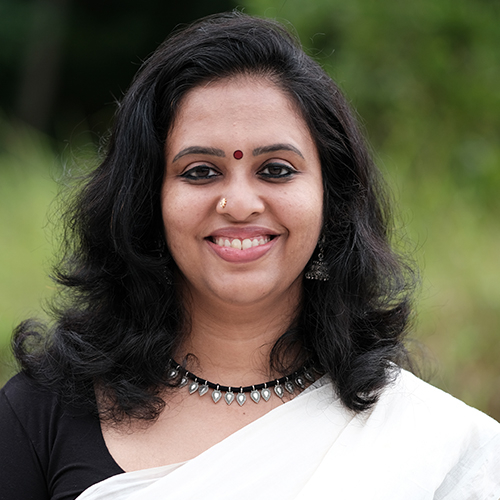
Midwifery Care of Adolescent Pregnancies: Lessons From India

Priyanka Idicula is a Certified professional International midwife (U.S.A) and a Lamaze certified childbirth educator(FACCE,LCCE). She is currently the director of Birthvillage the natural birthing centre one of India’s popular natural birth centres and is the managing trustee for birth for change (NGO) India. She also has extensive experience in working in maternity care with pregnant teenagers as part of the Tejus home project one of its kind in India.
She has presented various papers on holistic maternity care and has been the face of India at various international midwifery conferences.
She has also been invited to speak as a guest speaker at various nursing colleges on midwifery education and human rights in childbirth in India.
She has been honoured with one world birth hero runner up championship in 2011.
She has been awarded the "Lifetime Achievement Award for Service to Mother Baby" by Midwifery Today recognising midwifery leadership and in the promotion of birth as normal life event in 2018 at Germany.
She has also been awarded the best midwife of the year 2019 at the International breastfeeding conference, India.
She is also one of the early pioneers for water birth in India in 2010.
She is also the first Asian to win the dual scholarship from Lamaze International She also carries with her Bachelors and Masters in microbiology.
16 million adolescents give birth in India annually which roughly translates to 100 percent of teenage pregnancies worldwide. The United Nations Population Fund (UNFPA) predicted “India will retain the biggest national adolescent girl population, with hardly any net change from 2010 to 2030 (93 million to 95 million)”. Birth Village, the natural birthing center, is the only free-standing natural birth center with midwife led care based currently in India.
In 2012 we formalized our second not for profit organization Birth for Change, and in conjunction with another NGO Dil se, have been successfully running Tejus, a home, the only one of its kind in India for young children who enter pregnancy primarily through violence. We provide a safe space where this section of vulnerable population obtain nourishment, childbirth education and exercise classes, facilitating supportive relationships, birth services and postpartum services. We have also expanded to provide an additional foundling space where the mothers can keep their babies. This presentation provides a look some of our research, including birth narratives recorded with consent, and provides a focused look at the midwifery care of adolescent pregnancies.

View Details / Enroll
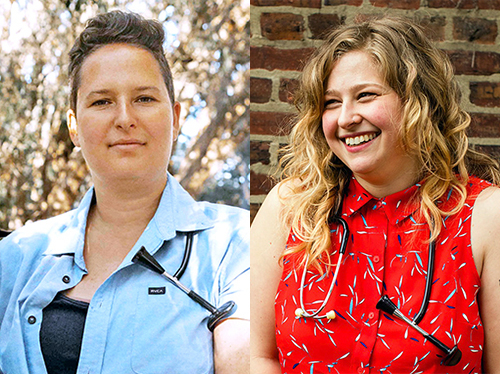

Marea Goodman (she/her) is a licensed midwife specializing in pregnancy, birth, postpartum, and conception care for the LGBTQ+ community. A graduate of the National Midwifery Institute, Marea got her license from the California Medical Board in 2015 and spent the following year and a half working at birth centers in El Paso, Texas and Ciudad Vieja, Guatemala. She founded her midwifery practice, Restore Midwifery, in 2016 in the Bay Area, and is now serving the community in Santa Cruz, CA.
Aside from midwifery, Marea is also a writer whose work has been featured by the Huffington Post, Ms Magazine, and Mother.ly. She co-authored the book, Baby Making for Everybody—Family Building and Fertility for LGBTQ+ and Solo Parents, which is set to be published in April, 2023. She lives in Santa Cruz with her three children and her wife, Andrea Ruizquez, who is also a midwife.
Ray Rachlin (she/they) is a Licensed Midwife and Certified Professional Midwife providing home-birth midwifery care, fertility and home-IUI care, and community education throughout the greater Philadelphia area and South Jersey. Ray founded Refuge Midwifery in 2017 to create a home for families not served by our current healthcare system.
In addition to their midwifery practice, Ray has been immersed in promoting affirming reproductive care for transgender patients and has taught midwives, doctors, nurses, and birth professionals throughout the country on trans-inclusive fertility, birth, and postpartum care. In their private practice, Ray specializes in natural fertility support for individuals with prior hormone use. Ray is the co-author of the forthcoming book Baby Making for Everybody—a Guide for LGBTQ+ and Solo Parents, coming April 2023.
Ray earned their Bachelor of Science in midwifery at Birthingway College of Midwifery in Portland, Oregon, in 2016 and also holds a Bachelor of Science in political science, urban studies, and labor studies from Queens College. Ray is a member of the Queer and Transgender Midwives Association. Ray lives with their partner and child in Philadelphia, PA.
In Midwifery-Led Fertility Care, midwives Ray Rachlin, LM, CPM and Marea Goodman LM, CPM will educate midwives on how to provide fertility care in an out-of-hospital setting. In this presentation, Ray and Marea will review the different options people with uteruses have to create pregnancies with fresh and frozen sperm and the success rates for each. They will focus on lower-intervention insemination options that can be performed at-home or in a midwife’s office. The presenters will also review fertility awareness method counseling and how midwives can support their clients to determine ovulation, as well as insemination timing and navigating sperm banks, ACOG preconception care, and fertility lab work.
Throughout the presentation, Ray and Marea will provide an introduction on how to provide culturally appropriate care to the LGBTQ+ population and transgender parents. They will also discuss how to apply infertility research to LGBTQ+ people, and when to refer to different levels of care.
LGBTQ+ people face many obstacles to healthcare access including a lack of knowledgeable care providers, other people’s lack of awareness of identity issues, and outright prejudice and discrimination. This leads to both underutilization of healthcare and overmedicalization, and contributes to health disparities and poor outcomes, especially by individuals with intersecting marginalized identities. Midwives are in a unique position to provide excellent, culturally competent care to this population. However, viewers should not expect to become culturally competent in caring for the LGBTQ+ population in this one hour class. There will be resources for further learning provided at the end of the presentation.
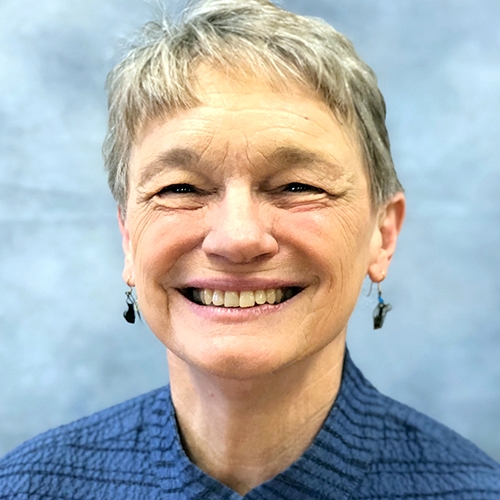
Midwives Hold a Key: Opening Doors to Early Parenting and Breastfeeding Success

An inspiring international teacher and published author, Jan Tedder is a nurse practitioner and lactation consultant who was honored as the NC Maternal-Child Nurse of the Year and the recipient of the American Nurses Association’s 2020 Innovative Nurse Award. Jan worked in primary care for decades and trained nurses and physician residents in well-child care and lactation support. She developed HUG Your Baby, an international education program to help parents and the professionals who serve them, understand a child’s behavior and help mothers meet their breastfeeding goals. Available in six languages, her work has been accessed by thousands of professionals around the world used in 50 countries and tribal nations.
Research confirms that misunderstanding a baby’s behavior decreases breastfeeding duration, lowers parent confidence and increases stress and postpartum depression. Literature on “Responsive Parenting” confirms how learning to notice, understand and respond appropriately to a baby’s behavior positively impacts early parenting, breastfeeding duration and the growth and development of a baby. Midwives are uniquely positioned to enhance a family’s ability to meet their parenting and breastfeeding goals. However, other research suggest that information provided patients does not always meet the needs of today’s young families. This presentation reviews efficient, cost-effective tools, tips and techniques that foster “Responsive Parenting”, boost the confidence of new parents and help families meet their breastfeeding goals.

View Details / Enroll
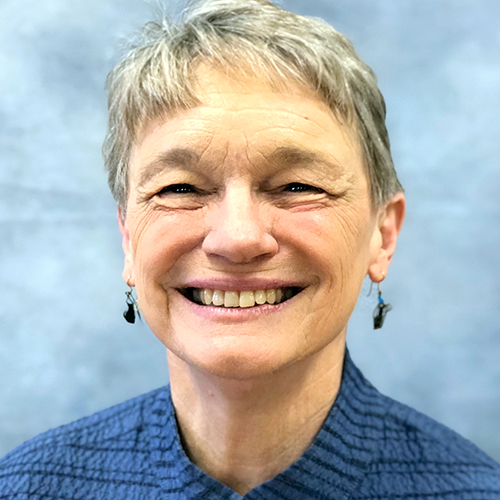
View Details / Enroll



